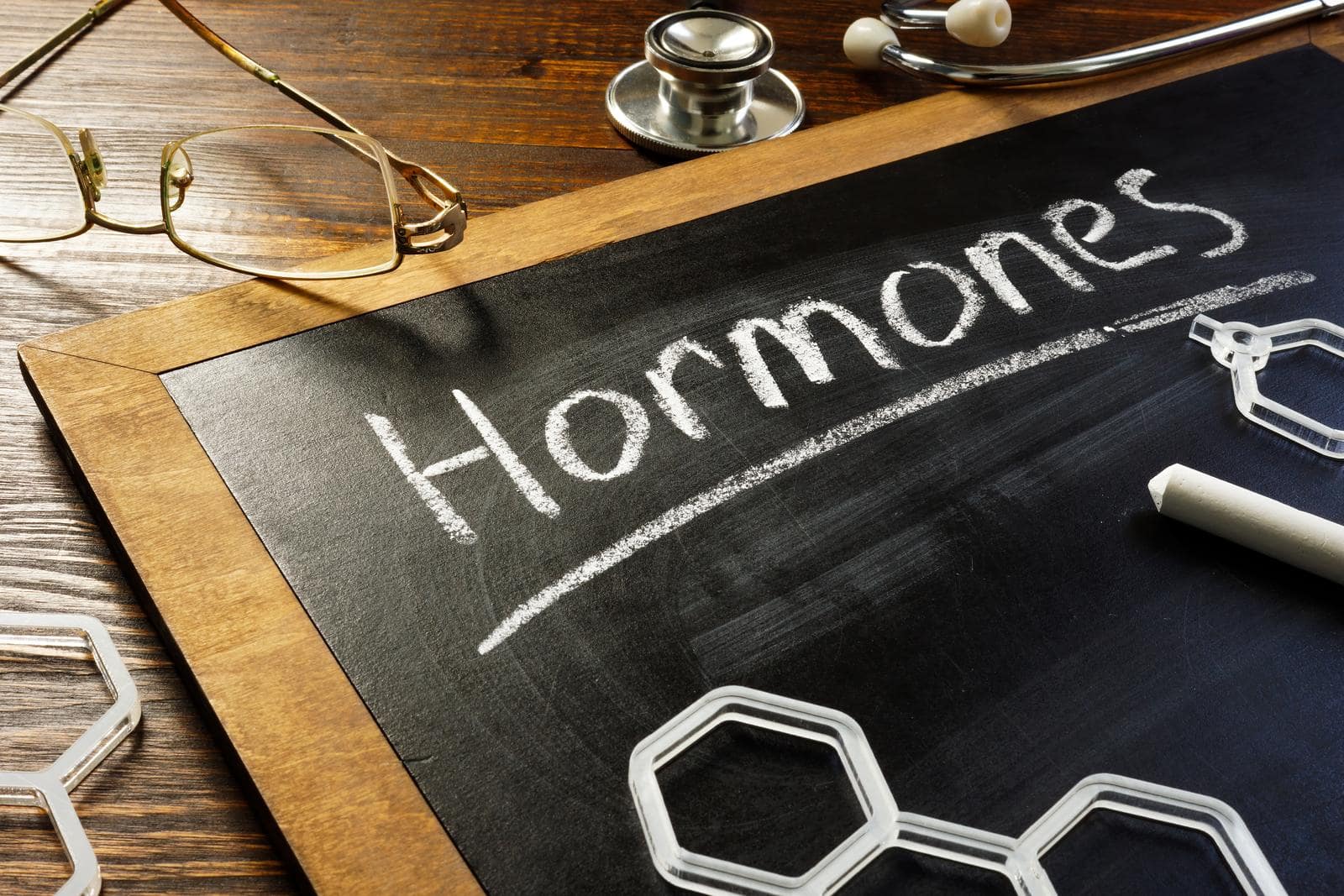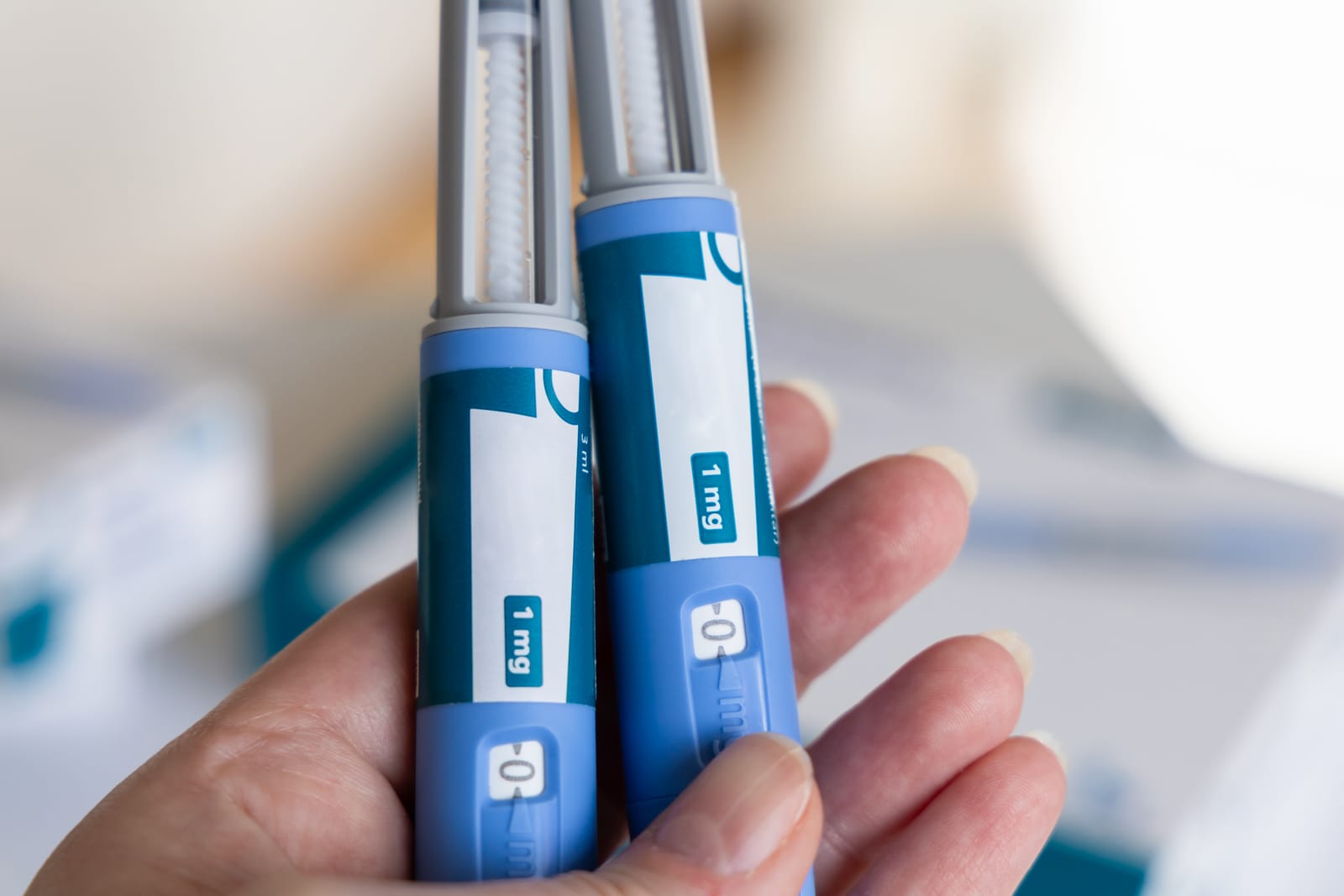https://msmenopause.ca/wp-content/cache/breeze-minification/js/breeze_51afd888d605b56d509306fc343287cec0140f047f163743141b33ee47f8bd1213d61d1eb6bfe38b3caa364bf852b03e55ff9337d31009dbadd56441b6fa438f.js
https://msmenopause.ca/wp-content/cache/breeze-minification/js/breeze_9c73f94a3d95011248434820b8f492826282a656d75bb917222045b121b20322d973c0c3a6a0af6ea195104fef6da6721844f6988e6890d35ff5c8db1e2c3ac6.js
https://msmenopause.ca/wp-content/cache/breeze-minification/js/breeze_246118c1d88154938902df368f203115b8222f3bd6cfc674486ecc424289e6bca735260f103b814c60ee8a95aa0a0cc371882b56c9417edd1d7be640cb417cc2.js
https://msmenopause.ca/wp-content/cache/breeze-minification/js/breeze_a2fcb3aa3de7d53c5109dca4730075810c50e83a1a7e854dd6d2a96acc15e86e50bfd83d202839142eaf6486cf2024bfe9de00a303dfe113c281a0782bb55de7.js
https://msmenopause.ca/wp-content/cache/breeze-minification/js/breeze_5284e6fb76cca31ccc394b08ba38de23829561f36d1a05c964371f582888163cdc36c868654c7f9ea7acb916b15024f16e2cd869c72064fb54a17ddfbe8a706a.js
https://msmenopause.ca/wp-content/cache/breeze-minification/js/breeze_5fd97b5a6ab3e75a98d5105818f3abdafdf3cb5b3694850a3b526a9ee09238d8160c0b5ba4ce163c9bccf090b5734fb20868c7ce80ac2e0dfdaf22075831e9b6.js
https://msmenopause.ca/wp-content/cache/breeze-minification/js/breeze_957271114a682a0c7444579a8f27b1b456a95c25af9c0bbd28adf4dc2db4a911b37bea2f45c95fb6d26fa876ebd85a4418d92234ad67cd9519d60fc149a6d3b9.js
https://msmenopause.ca/wp-content/cache/breeze-minification/js/breeze_f243502dbc8ee36d9a3096ab022306adfa089a3eb34fae1783f0940d26e27375dbab024356967b89a8588d8a75a46974efea50c4cddcc7845ab3d3176b92df07.js
https://msmenopause.ca/wp-content/cache/breeze-minification/js/breeze_129d272b0d86208424fe4be699663869e96d10c5d541af71a30df960379d7a11503c7bdba5ffb76a2055ae38a539e3cd82b192f6329b706740d4c94459aca694.js
https://msmenopause.ca/wp-content/cache/breeze-minification/js/breeze_cfe14eefc130cdf048717bda038a93d92c3ef595006b2735af043eb0f4f54c29d0ea9784aeef0f8b8db80b15d5d4413015229a2cf7c640d9231ac77d0e53e527.js
https://msmenopause.ca/wp-content/cache/breeze-minification/js/breeze_d92e46b96bcf02b313ad7f9c8615204963de374bfc9276f0fc2f0ba89cf076e2d4a27635050b897776b22d14eeff95f373460121105c9f51846cf98c255e0dd1.js
https://msmenopause.ca/wp-content/cache/breeze-minification/js/breeze_f398827be05d7a5acdfbbc6ba3b0767201521da60a720a41c683cb43de38324e0a4a8cf45eebb01eb93ebf0dae096b9461d8ba164c9047b39e840aedcd897f2e.js
https://msmenopause.ca/wp-content/cache/breeze-minification/js/breeze_48087cbdd69f7b1355f02c9c03278ab3f0c039ea7d4fea1706ef6602269a46b5f71747fd5deb86ffbb25e63695a55ef18123a2e6feaa934758b2e188455fb865.js
https://msmenopause.ca/wp-content/cache/breeze-minification/js/breeze_f51167f5a9c9de3c844099cf5b2d478d0b31d170ce9f9e961d29441b716462945dbda2bae874f207ae5eac08ac25995ca20d4d905a153d82f1317127191a9de0.js
https://msmenopause.ca/wp-content/cache/breeze-minification/js/breeze_5a50fe86cffc1b44ec38648c44ad5266f28648e909398f509b70c145a0522543cdb98df26a715d6f94bed6977a4189608383009de1101613cd8ba1f207d5f8ca.js
https://msmenopause.ca/wp-content/cache/breeze-minification/js/breeze_054e42e8258266f5ad3cb60492c61c8072ca517a0945dd2b18ce0c64bd58f0be07a3bba4536e12d0fff31a7c605a750aaa483b796ce526beaa094d2ac92fe54a.js
https://msmenopause.ca/wp-content/cache/breeze-minification/js/breeze_e8c1b8875fb4da8b06faa31fe9c571a8e02f13f2c3470d107551fed44caba22ff4679cd814cd40225a574d0554440abcbd83f9fdcd3e54e4f6c3bf6f60067cb6.js
https://msmenopause.ca/wp-content/cache/breeze-minification/js/breeze_a525d45ea335a4dbc9169589a0899b1fb7425cd44d09232e71acabbaba3ad652a3b1f55994b466d1b7a6f2e1f3669e4d8d34388765acd4fc5f1806cbea882900.js
https://msmenopause.ca/wp-content/cache/breeze-minification/js/breeze_28f30680898b7ec7c2885f36d0c38ee2312962b77b513bdc4db1269ce28816cfdfee867158023f911e197455822c59e7d710f5fe061624074058a8a1369e820f.js
https://msmenopause.ca/wp-content/cache/breeze-minification/js/breeze_f39b7b1de7edfa34d2ad405fcc2f9195a12a8481fe3cb170e9b084cf9bc31376c74434ae0c0b21c28b21c8e2e21b04653138496b06da70e2e2c2bbfa056f18af.js
https://msmenopause.ca/wp-content/cache/breeze-minification/js/breeze_217f232c4f8aef97adb39dabb4e103a39ca353fa3392175cc4b55c679bf6aa6b6157ac1ecb3614a39280751ad94e520b3359ea52656b95add4a80f4a90181973.js
https://msmenopause.ca/wp-content/cache/breeze-minification/js/breeze_f40089ac38c259e7cf508d34e9a1c6347b931a28c1a0dacc09aa458cc5c6cf6d47da14dfd05a898713d69f18902c5285476cfbe44d1b5d48b320c4f43d53237b.js
https://msmenopause.ca/wp-content/cache/breeze-minification/js/breeze_cfd7a545b3fc51c2bbbef3cdf3c9bd8b1fc0f0b9d9a61012641b1ddd5e15d98e5dca2152fa02332d2a7663fa167dce0f1c1d3b09cba811e5a190bada2f64519c.js
https://msmenopause.ca/wp-content/cache/breeze-minification/js/breeze_0a9c9eb61dc65d04361008d605e8579cf08ac242fd514fa4a0b64e05b2f78ad0c0b4cefea680d3c09950001edf6f0180d0d986e6b9592d8e2729bd00fdfed60a.js
https://msmenopause.ca/wp-content/cache/breeze-minification/js/breeze_62d7e41e66b323b2dadab3d49aa3520aee72363f8077395c44b254d408b6fa19234c3ca2aa5ba9c4598145dc988615c5385869b8b1e08de0855a4924fdc8464b.js
https://msmenopause.ca/wp-content/cache/breeze-minification/js/breeze_f46b1338a07436cdb23e737c4662b63826ecc7501b4b05b1c05d12e030a3ddcc3fb83a6a273d26d5da9f2d254223927401c47cd4311d3fb507135bc71b5fa909.js
https://msmenopause.ca/wp-content/cache/breeze-minification/js/breeze_c4fe4f6b30053d263011ec77275e9726760603bd92dbd42d13ababf02b421a4140787a1ba322282bb44f344cb142a1a3efb77c2c2d3638939f84f878a1794dad.js
https://msmenopause.ca/wp-content/cache/breeze-minification/js/breeze_27c462d83b1216ae9a382a74a604eadf767bb94d312082a4b174ff09b9db2127e801ae2da1077e7a9f3ec5570971bd65d1527de59c597880f07609e8937ec19f.js
https://msmenopause.ca/wp-content/cache/breeze-minification/js/breeze_b4a3922b332fa400e56a0c7bcdfde76c6ac36a94f4136dbb7f9db7429ad07b1967924678ab7a1d94d152c507f8ba965847e8aab7d26ab7c1355156b9bac8c1e1.js
https://msmenopause.ca/wp-content/cache/breeze-minification/js/breeze_158cb77fff7bf6ddcac7cb4898772591ee2b90ec3178fd0ffe19385f12aa1cca1353f6734fe28e48f59893ef03d8c9c8ee55e43250a937c9ffcaea213684fe7f.js
https://msmenopause.ca/wp-content/cache/breeze-minification/js/breeze_147e61affbe41b9a768ebd945191f02648943782f55c455182a0c6978ebbaf5806d88c4501580cafe0756146c939d420bf38f1aa00233e9dea375c6bd0e6869f.js
https://msmenopause.ca/wp-content/cache/breeze-minification/js/breeze_0d564685345f05281704b82e8b38867dd9e8050f8756c8ba1dd9a7d4e0c94d61be99a6e837324cc69ebb237f8d3aacfdee5be36f37f80125dcfbbebedcd12ba8.js
https://msmenopause.ca/wp-content/cache/breeze-minification/js/breeze_d48cb1179be35b1d4b1064250e08d3fe224415cf99b403bbeac25f3dbfb257c725f69cf58109758d69e6e869957dc3a15397c727efa2f28db6111208bbaed392.js
https://msmenopause.ca/wp-content/cache/breeze-minification/js/breeze_66216084ae348574ef020686a8875443e63f2b7556679bff4311f6cc3a0a15daa84d9883c2b2ce57aa3066b2471ca638f7f2c170ba56690aadad51a6a8182eeb.js
https://msmenopause.ca/wp-content/cache/breeze-minification/js/breeze_521479b24febf4aa62c847e6cff0bf9d73533d990408e15ae08b84ef298f8a8d2af196e3549c73540a251d9d760d7b9fb98fe2b48ea6d02beec0c5d6b5471041.js
https://msmenopause.ca/wp-content/cache/breeze-minification/js/breeze_11ea32eaf7296cf0f6849b95974429e095ea5a3aeb33efe860f69c441eb221874d7158efea96277e56273ab9fa89a1503cc126fd8c74745789b4debc4a186d51.js
https://msmenopause.ca/wp-content/cache/breeze-minification/js/breeze_908992268f4c98053f021ce32095298a6b9bb4b81e078e3ca34f9da500c39c461aec4c471dc9bd96155ff60a37120d2c5064bc3a2c908bae40a4f238338c44c8.js
https://msmenopause.ca/wp-content/cache/breeze-minification/js/breeze_faa8dc4f715405b92eae2529136ad00889960f4e78829cbfd106b27da63e185601b8a171c4e825c6664030a9221d4bfdb1b644edf4db650889377966a1678409.js
https://msmenopause.ca/wp-content/cache/breeze-minification/js/breeze_ddd3f88807b41d27e4882b81b48e57360321f1e90e0d869fd0d3417b1d8390205652bd6a7e7b0bcf5d07f8849517a26b8fde079050e6a7a467f7b5c6935cc2ff.js
https://msmenopause.ca/wp-content/cache/breeze-minification/js/breeze_503ba3b680244af5410100ad8daf4f4e0a7b49ddee6b0dffd31a5024c0ba544d5da9a534c74b7a9dd397e5d38108689c0cc22bec5f9b13aa8cc2819835110dc9.js
https://msmenopause.ca/wp-content/cache/breeze-minification/js/breeze_3d0339da7b8036599d1a7396228791d5258c0c689443990276fd41903da2a4b92f491954521264a8f3095e454f96154d90a5d6e82cda3356370c8fcc709aa874.js
https://msmenopause.ca/wp-content/cache/breeze-minification/js/breeze_bbb4b523923554a8728d2c1a32e663420bfc381adde63853e689148b8301860b2623b1eed177bf731413154a47abe0818bdd72fe612186545d678d0338b826a6.js
https://msmenopause.ca/wp-content/cache/breeze-minification/js/breeze_52de553372655b71f0230a37cfdf8499ab24e0b6a693329cf571559b81c46dd7b7342a9e7ca1cdaafd88c453f0be4a95e37cb37db2f20e4bee5f8544cf4a88c4.js
https://msmenopause.ca/wp-content/cache/breeze-minification/js/breeze_01f6d90bc998f15661e40e0117028278c61a3cf8ceff42f5b6f0a8fde75cd97137e545ce1c30ad87353a7bdd6f83bc4f5442f0bcc15ac6b81b7bfc4a5d1898a7.js
https://msmenopause.ca/wp-content/cache/breeze-minification/js/breeze_00f7a8d9eba0e520a2745892d949c49bca03e0e91f0adf70de775f3dbe97232d3ba7e706dd5ed6b9319b87baadc9bda6fdaf7be275728a1d8b4ffb987469d498.js
https://msmenopause.ca/wp-content/cache/breeze-minification/js/breeze_18112304e9709bb4f0c7be0b7df302dc592172f75569e3a5b49cd2c43cccc2607220680e7aa464507581d5e59c99ff7bec21f39d74f33d22bd65780b2315ec85.js
https://msmenopause.ca/wp-content/cache/breeze-minification/js/breeze_1a007501b8c351805c4d50478d2f11b2634962383ff2f33a87b8acee9593a80e4ecdf38636e1ca85a02ba9c44ee03fb205caccea4a25f96fabdacabac586a97a.js
https://msmenopause.ca/wp-content/cache/breeze-minification/js/breeze_a1e0409e35c8070d78978c95d53f5a53df898d18ad905d3d2e262739115311494224d870af173cae93f5cf9b40d23986a826f9740905641b2274dd1bdc603711.js
https://msmenopause.ca/wp-content/cache/breeze-minification/js/breeze_ef0baf3c8481de6d0d56a5e7564c5b2f23701d78f6d0f6bf15ef2cee02ba9e0090164b8030956072bd65e29c0e56054ce476428623e9d44491c5d7d02c0bee43.js
https://msmenopause.ca/wp-content/cache/breeze-minification/js/breeze_7c1021c86c7ea7d8636438aadaa49710b3c0d1f05d3d6dbd57b456bfcf8e1eb32de9b3a86c88a0762094eccc74fa788f00ee3a07e96ed4aba9bd0c1591e034cc.js
https://msmenopause.ca/wp-content/cache/breeze-minification/js/breeze_1f60547ab2bcb969c33e50f078ff7db0298a56347078435399b9b21f984e1668ffbad00a0754a6aa3ffe9dd259fadb85965a19132a5627eefd8a6010e92add96.js
https://msmenopause.ca/wp-content/cache/breeze-minification/js/breeze_99782274ac6c9a8cd837e8660225e1765d836b228c40c927f16eab5c62f74a7fb6e5078e57d8b6380a9a6fde680b565b4842d04667e7cb4501ccb11e07b63b2e.js
https://msmenopause.ca/wp-content/cache/breeze-minification/js/breeze_2379ed62810435aa3a54bd8f195a93f94441c7b2b909c4009755ed2fa2b35d2485a03abb4516eb4499e409380f05ed6f81dd05b536d7f12f217f8b59a31276b3.js
https://msmenopause.ca/wp-content/cache/breeze-minification/js/breeze_ea501fc1473da8286fca99da537fb3d0439d7a5e410ecdc0082682ff0cc3209bac5725b3eb0a4842f0468a9297aac2598c1795ea1394e2504d5eec2fce3f0764.js
Skip to content
https://msmenopause.ca/wp-content/cache/breeze-minification/js/breeze_1792ebf50a62bc512c1a7979b4cfe6c6ad5b0b3b4e6b5668eda9ab6d2c64cf51d51ea91580cef2df8d315bb43077acd4e4eeb37a596ff196cb58df552b278863.js
https://msmenopause.ca/wp-content/cache/breeze-minification/js/breeze_605d3641c7998f52560267f6a778e3f0c0a701554499a6f6684e207837410b453db268329b08364ad574e306a3eae58b4a3b88989995a9472ee81e18cda555e0.js
https://msmenopause.ca/wp-content/cache/breeze-minification/js/breeze_efa7f2e7f0f07688e8157c101f3ba1e60e991ff82d23fcab9bc3d6eff71dd2d10a73be42b0ff771eb1b46fbc435731fc711c7cb9cf72bb765d787f01bab6a26f.js
https://msmenopause.ca/wp-content/cache/breeze-minification/js/breeze_fb4c0e4a9eac172015e18aae54d3119f89f683fbe48e21adba3cc237fae556e2bc24ee7f9c62e712a474847ef6e3ac94b36a92148e259d764f42a3f7a55033d1.js
https://msmenopause.ca/wp-content/cache/breeze-minification/js/breeze_181d2da79cb6cab02fd2aab7e7ba369ee50bdea7465ad1c6136b3e9174b7c78a7146c10e9b3183c61173934e804a60834fafbb1b71ea29d6a8ea7308cb53b310.js
https://msmenopause.ca/wp-content/cache/breeze-minification/js/breeze_7eacd42052b8b4198b839846fd85fbbbd156e83972a2edc2c69e144d5d6475cad0edea6b53cc04514e946733743fb8d07f6216c0e731319fbe5b55e7db760ba9.js
https://msmenopause.ca/wp-content/cache/breeze-minification/js/breeze_d8b95ab383e6d10134d19f11565c789398133e3e38f71284a1c601f0f0d7835732dcfe77391f556b8cfb4280d15cfe055dab26bdaf6088cc106f1df0315a7277.js
https://msmenopause.ca/wp-content/cache/breeze-minification/js/breeze_a1aed3f61d7d468e29d8cc79f0f0b83eee08d89c4296fee5238f663ff93287fa42cbd0d9ee92bc514ab6a2181c3c0f7a892fd2aba715c2f77ab479699945dbce.js
https://msmenopause.ca/wp-content/cache/breeze-minification/js/breeze_b0c058bccf21d551a99097791d3c4e4a5c27f0c2906e4293803d98198adffcbae62441f65185187adc5b2fd063bfd103687bffb0a6e20c16bb809783c364cdcd.js
https://msmenopause.ca/wp-content/cache/breeze-minification/js/breeze_dcfccccc19c954fbfec5743c1cd8ebc218550e412eb865a9e35f0623a527eeac5b4a3a944e045a46ecad8c397113ea9bfd9108d12f12a697f3890212dfe1eb1d.js
https://msmenopause.ca/wp-content/cache/breeze-minification/js/breeze_21d32f20d60a2036feba6971cc4f94ca605a7932f34aac7a314793ca9ae853d72695b2a1d1e4f4f01d73296836c138cbe7239103eb51c393e1705be5ea56c17e.js
https://msmenopause.ca/wp-content/cache/breeze-minification/js/breeze_5bbc6c843d469840d59df843c406820c002b5ef9f91f7569c9f436f87d27cce3317962401913b31d7d338a51a91670ecce25ce8b2e2546c2c25a3cbb67deb380.js
https://msmenopause.ca/wp-content/cache/breeze-minification/js/breeze_e31ad8d4b0b3e0ce7be5b3868f99ff8064895f36d89a90bb5a298e6e97da2164edac93782d7d070ef7190749b57dff70a2d8d652d64a6d6b3aef87557a26bd3f.js
https://msmenopause.ca/wp-content/cache/breeze-minification/js/breeze_95a18cdef1a052e4b00eeed3892d50e26691038ef432632535bd543bdbd00e9a4c779f9067433a01b3c0ce7b6dc087b1892f00b03e993098940a07455b85cee5.js
https://msmenopause.ca/wp-content/cache/breeze-minification/js/breeze_e5aba88533f7367831db6ee8d5643ab2423c4068897ba530047328cb09bb67bb5c312790a34b8c1cc19841f04f5a98b07f3ba2252bcd0d9628c088789c044b37.js








